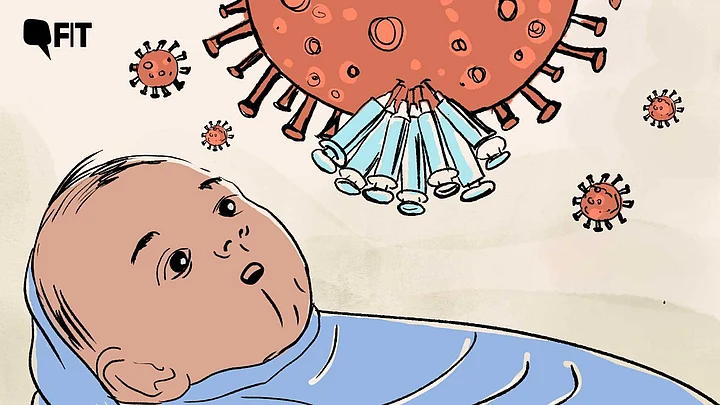The COVID-19 pandemic years caused a significant backslide in routine childhood vaccination worldwide, according to a new report released by the United Nations Children's Fund (UNICEF).
Moreover, surveys conducted by the UNICEF in 55 countries found that growing vaccine hesitancy has greatly impacted vaccine uptake.
Read on to find out what the report found.
Why does this matter?
The drop in routine childhood vaccines leaves a huge population of kids vulnerable to potentially deadly illnesses that could have been avoided.
For instance, we are already seeing a resurgence of diseases like measles, cholera, and polio that were previously contained thanks to robust vaccination programmes.
Keypoints of the report:
Between 2019 and 2021,
Vaccine coverage among children declined in 112 countries
67 million children across the world missed one or more doses of routine childhood vaccines
48 million of these kids missed out on all routine vaccines
1 in 5 children worldwide is under-vaccinated - lowest since 2008
The report also found that public perception of these routine childhood vaccines had fallen in 52 of the 55 surveyed countries.
The big picture:
The data also points to severe disruption of the strides that were previously made in immunisation efforts around the world. According to the UNICEF report, bringing the programmes back on track 'will be challenging'.
The study authors in a statement called the survey results a 'worrying' sign of rising vaccine hesitancy amid misinformation all over the world, which can end up damaging the public's trust in government led public health programmes.
The bottom line: The report suggests that there is a dire need to put effective immunization programmes and catch-up campaigns into action to bridge the growing gap.
Tackling vaccine hesitancy, investing in primary healthcare systems, improving disease surveillance, and strengthening leadership and accountability are steps that can help achieve this.

